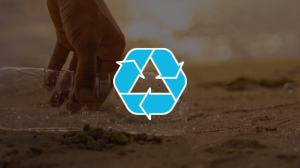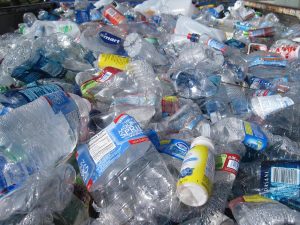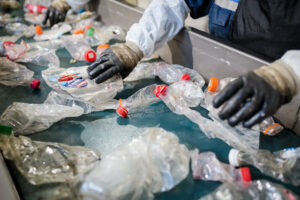Nestlé to phase out all plastics by 2025
Between 2020 and 2025, Nestlé will phase out non-recyclable or hard-to-recycle plastics from its products worldwide.
Full Article:
Author: Farzanah Farveen, Marketing-Interactive
Nestlé will be eliminating all plastic straws from its products starting February 2019, using alternative materials such as paper as well as “innovative” designs to reduce littering.
Between 2020 and 2025, Nestlé will phase out all plastics that are not recyclable or are hard to recycle for all its products. As such, Nestlé is rolling out alternative packaging materials across its global product portfolio and establishing partnerships with packaging specialists.
This is part of a broader vision to achieve a waste-free future and its commitment to make 100% of its packaging recyclable or reusable by 2025, in a bid to avoid plastic-waste. Addressing the issue of plastic pollution, Nestlé came up with steps to pioneer alternative materials, shape a waste-free future and drive behavior change.
This includes rolling out paper packaging for Nesquik in the first quarter of 2019 and for the “Yes!” snack bar in the second half of 2019. Smarties will start rolling out plastic-free packaging in 2019 and Milo will introduce paper-based pouches in 2020. In December last year, Nestlé created an Institute of Packaging Sciences to evaluate and develop various sustainable packaging materials and to collaborate with industrial partners to develop new packaging materials and solutions.
Moreover, Nestlé’s water division, Nestlé Waters will increase the recycled PET content in its bottles to 35% by 2025 at the global level and will reach 50% in the United States, with a specific focus on its brand Poland Spring. In addition, Nestlé Waters will increase the recycled PET content for its European brands Acqua Panna, Buxton, Henniez and Levissima to 50% by 2025. Nestlé also looks to accelerate action in tackling the plastic waste issue and report on the company’s progress publicly. Nestlé CEO Mark Schneider said that while 100% recyclability is not enough to tackle the plastics waste crisis, the company aims to push the boundaries and look for options to solve this challenge.
“We believe in the value of recyclable and compostable paper-based materials and biodegradable polymers, in particular where recycling infrastructure does not exist. Collective action is vital, which is why we are also engaging consumers, business partners and all of our Nestlé colleagues to play their part,” he added.
Some of the other brands that have taken a similar approach include Starbucks, KFC, Burger King and most recently, Yakult. As an alternative, Starbucks also revealed plans to introduce straw less lids and alternative-material straw options including paper or compostable plastic to replace single-use plastic straws in its 28,000 stores around the world.



